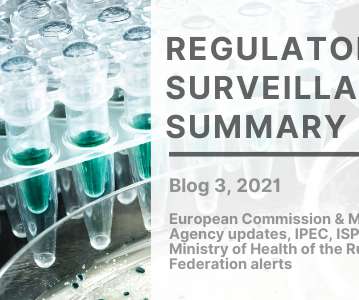Rebuilding Trust in Public Health and Public Health Law
Bill of Health
FEBRUARY 15, 2023
Wolf With our recent (and continuing) experience of the devastating COVID-19 global pandemic, one might think that our collective appreciation for public health efforts and the people advancing those efforts would be high. An essential first step is to refocus on the “public” in public health.












Let's personalize your content